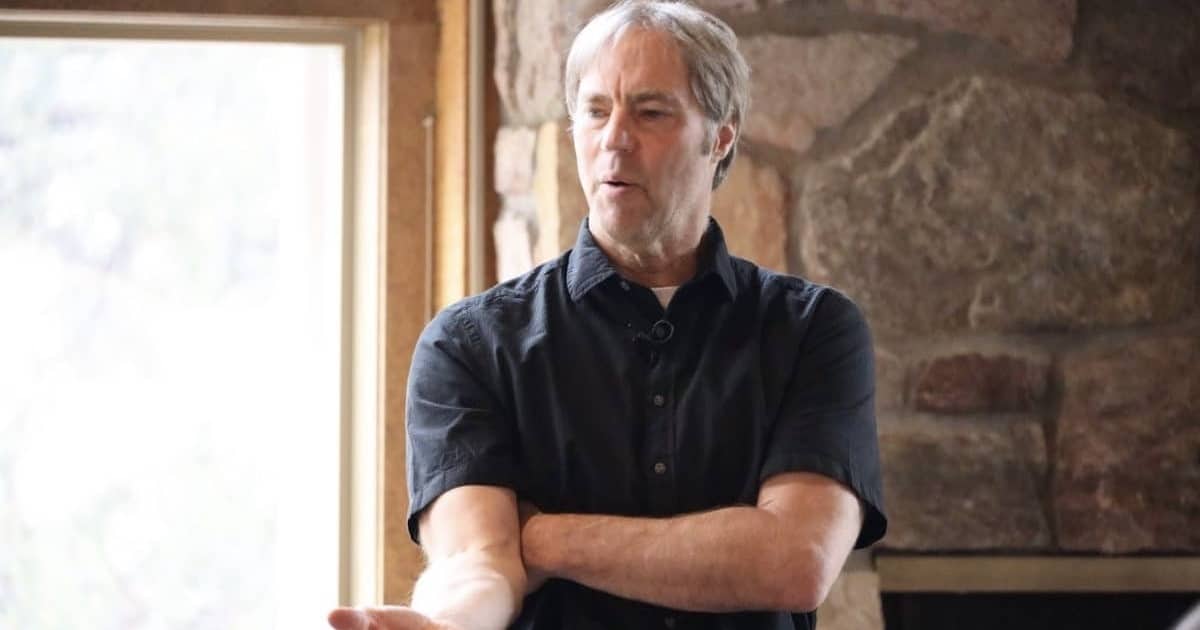 Evolution
Evolution
 Intelligent Design
Intelligent Design
On the Origin of Life, a Measure of Intelligent Design’s Impact on Mainstream Science

Don’t let anyone tell you that intelligent design isn’t having an impact on the way mainstream scientists are thinking about problems like the origin of life (OOL). David Coppedge points out the “devastating assessment” of OOL that was just published in Nature, the world’s most prestigious science journal. The authors are Nick Lane and Joana Xavier. The latter is a chemist at Imperial College London. As Coppedge notes, she’s been frank in comments about intelligent design and specifically Stephen Meyer’s Signature in the Cell.
“One of the Best Books I’ve Read”
From a 2022 conversation with Perry Marshall:
But about intelligent design, let me tell you, Perry, I read Signature in the Cell by Stephen Meyer…And I must tell you, I found it one of the best books I’ve read, in terms of really putting the finger on the questions. What I didn’t like was the final answer, of course. But I actually tell everyone I can, “Listen, read that book. Let’s not put intelligent design on a spike and burn it. Let’s understand what they’re saying and engage.” It’s a really good book that really exposes a lot of the questions that people try to sweep under the carpet….I think we must have a more naturalistic answer to these processes. There must be. Otherwise, I’ll be out of a job.
That is a remarkable statement. Paul Nelson first noted it at Evolution News.
Under the Carpet
Dr. Xavier rejects ID, which is fair enough, but recommends an ID book by Dr. Meyer to “everyone I can” because “it really exposes a lot of the questions that people try to sweep under the carpet.” In the book, Meyer finds that, in addressing the origin-of-life puzzle, all current materialist solutions fail. He has a politer way of saying what chemist James Tour does on the same subject.
So that’s September 2022. Now a year and a half later, Xavier is back in the pages of Nature exposing weaknesses in the OOL field as currently constituted. She still holds out for a “more naturalistic answer.” But do you think, in writing about those “questions that people try to sweep under the carpet,” she didn’t have Meyer’s book in the back of her mind? I’m no mind reader, but to me, the question seems self-answering.
